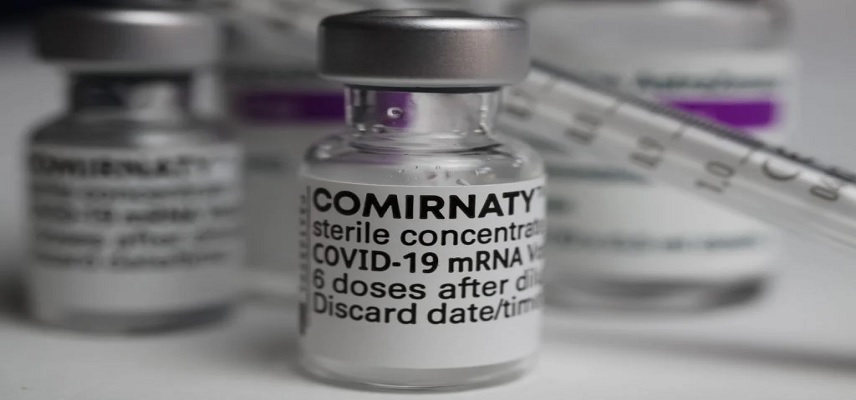No notifications yet

European Commission grants conditional marketing authorization to Pfizer’s gene therapy, Durveqtix for adults with haemophilia B
Pfizer Inc. announced that the European Commission (EC) has granted conditional marketing authorization for Durveqtix (fidanacogene elaparvovec), a gene therapy for the treatment of severe and moderately severe haemophilia B (congenital factor IX deficiency) in adult patients without a history of factor IX inhibitors and without detectable antibodies to variant AAV serotype Rh74.
Durveqtix is designed to enable people living with hemophilia B to produce factor IX (FIX) themselves via a one-time dose, rather than multiple intravenous FIX infusions weekly or biweekly with the current standard of care.
This milestone builds on Pfizer’s more than 40-year commitment to delivering breakthrough solutions to improve the lives of people living with haemophilia. In addition to Durveqtix, Pfizer recently reported positive results from a phase 3 programme investigating a gene therapy in haemophilia A (giroctocogene fitelparvovec). Additionally, a phase 3 trial is investigating marstacimab, a novel, investigational, anti-tissue factor pathway inhibitor for the treatment of people with haemophilia A and B with and without inhibitors. A Biologics License Application and European Marketing Authorization Application for marstacimab for eligible patients without inhibitors are currently under review with the FDA and European Medicines Agency (EMA), respectively.
In December 2014, Pfizer licensed Durveqtix from Spark Therapeutics. Under the agreement, Pfizer assumed responsibility for pivotal studies, any regulatory activities, and potential global commercialization of this gene therapy.

Sick and tired of always wondering if you are being asked to pay the right price for your APIs? This empowers you with the answers you need to make the right decisions in the Global API market.
Chemxpert Database is one of the biggest and most comprehensive directories of pharma and chemicals, manufacturers, suppliers and information. Provided with current information on prices, demand and transactions, it gives you instant feedback on whether you are buying what is right and at the right time.
Start using market intelligence today and allow yourself to be in control in the API market.
Check it out today and make more informed sourcing decisions! Learn More!
